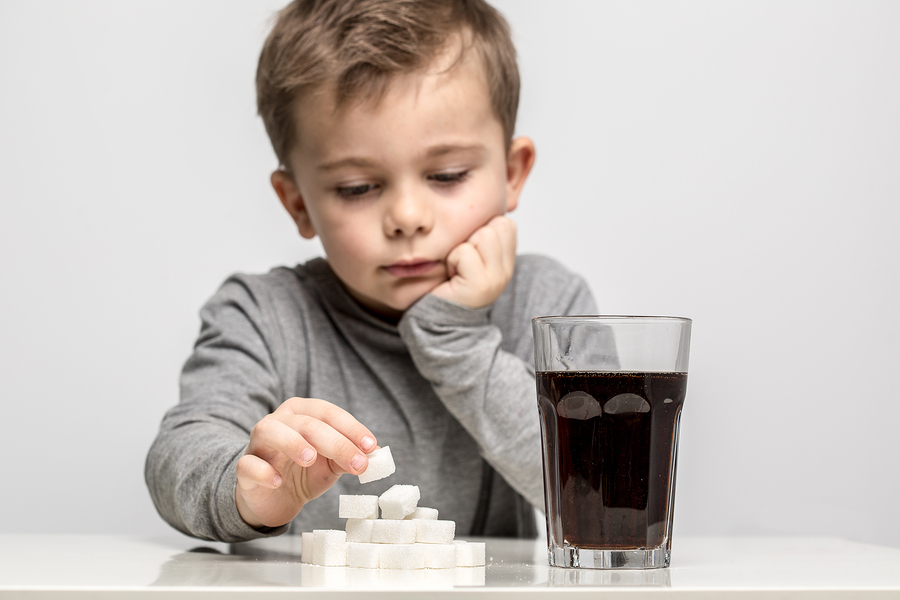- Make It Yourself Lavender Heart-Shaped Bath Bombs!
- 20 Things You Never Knew About “Down There”
- 12 Best Foods For Those Suffering From Arthritis Pain
- 12 Personal Hygiene Mistakes Almost Everyone Makes (Mom Never Told You About #4!)
- 15 Medicinal Plants And Herbs From The Cherokee People
- 12 Mind-Blowing Benefits Of Drinking Coconut Water During Pregnancy
- 12 Outstanding Winter Foods That Won’t Fatten You Up Like A Christmas Turkey
The Dangers Of Fructose You Can’t Afford To Ignore!

Photo credit: bigstock.com
When fructose is consumed in large amounts, it is converted into fat in the body. Over time, it can even have detrimental effects on insulin levels. Insulin is a hormone which regulates blood sugar levels, preventing them from getting to low or two high. The problem is that when high amounts of fructose are consumed, particularly the high-fructose corn syrup found in many soft drinks and snacks, it can lead to insulin resistance in the liver. The liver becomes “numbed” to the insulin in your body and thinks it needs to produce more insulin, resulting in higher levels than your body requires.
And what does high insulin levels in the body do? It hinders the function of an important hormone you’ve probably never heard of: leptin.
Leptin is a hormone which is produced by fat cells. They send a signal to the brain that your cells have enough energy stored up and you can stop eating. The problem is that high insulin levels cause a condition known as leptin resistance, which inhibits the brain’s ability to receive the satiation signals from the leptin hormone. This leads to overeating.
On top of this, studies have shown that sugars (including fructose) have addictive qualities. The reward centers of the brain are triggered when fructose is consumed, but over time, they become desensitized, requiring more and more sugary foods to get the same “high.”
While there is not a 100 percent consensus among scientists on these ideas, the combination of factors listed above presents a compelling argument that’s winning over an increasing number of experts.
Fruit has fructose in it. Does this mean fruit is bad for me? What it the solution here?
No, fruit is not bad for you. The fructose in fruit is natural and furthermore, when you eat fresh whole fruits, you are consuming it in its naturally occurring context. Fruits are also generally rich in vitamins and antioxidants and are absolutely healthy for you.
Fructose is bad in the artificial forms found in many processed foods and beverages. If you reduce or preferably eliminate artificial sweeteners, junk foods and the like from your diet, and replace it with a clean, healthy diet, don’t be surprised if you start losing weight. Oftentimes, it’s not what you eat, but what you don’t eat that makes the most difference.
READ ALSO: Fructose Hazards Infographic
So clean up your diet and eat plenty of healthy fats, proteins and carbs. If you eliminate massive amounts of sugar from your diet, you’re eating healthier than the majority of people living in the Western world, that’s how low the bar is for “eating clean” these days. Try it out for yourself and take a step toward a leaner, more energetic life.
References:
































